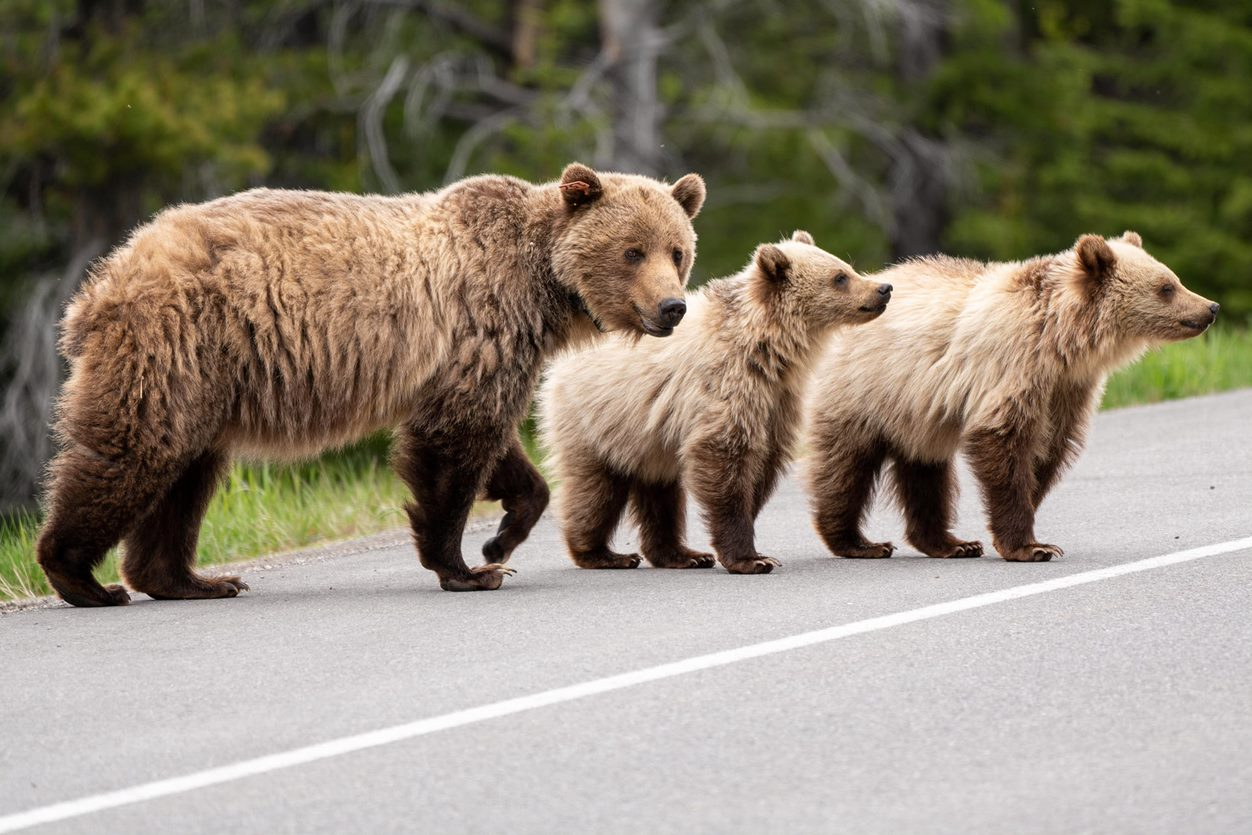Traveling is a wonderful way to explore new cultures, experience breathtaking landscapes, and create lasting memories. However, as the global population continues to grow, and the impacts of climate change become increasingly evident, it is more important than ever to travel sustainably. Sustainable travel allows us to enjoy the world while minimizing our ecological footprint and respecting local communities. In this blog post, we’ll explore some practical tips on how to travel sustainably and make a positive impact on the places you visit.
Choose Your Destination Wisely

One of the most important aspects of how to travel sustainably is selecting your destination thoughtfully. Consider places that prioritize eco-tourism and sustainable practices. Look for destinations that have a commitment to preserving their natural and cultural heritage. Furthermore, choose locations that align with your interests, whether that’s wildlife conservation, sustainable agriculture, or community development.
Reduce Your Carbon Footprint

Reducing your carbon footprint while traveling can have a significant impact on sustainability. To do this, consider the following:
- Use Public Transportation: Whenever possible, use public transportation like buses, trams, or trains instead of renting a car or taking a taxi. Opt for eco-friendly transportation options, such as electric buses or bike rentals, where available.
- Fly Responsibly: If air travel is necessary, consider non-stop flights to reduce emissions associated with take-offs and landings. Additionally, you can purchase carbon offsets to mitigate the environmental impact of your flights.
- Pack Light: Packing light not only makes your journey more convenient but also reduces the weight on airplanes, which can lead to fuel savings.
Read More
- How To Prevent Energy Theft Using Tamper-Proof Energy Meter
- YouTube to MP4: Downloader & Converter FREE
- HOW to INVEST IN STOCKS
Support Local Communities

Engage with the local community in a respectful and meaningful way. This can include staying in locally-owned accommodations, eating at locally-run restaurants, and shopping at local markets. By doing so, you contribute directly to the local economy and gain a deeper understanding of the destination’s culture.
Minimize Single-Use Plastics

Single-use plastics are a significant environmental concern, and they often find their way into oceans and natural habitats, harming wildlife. Bring a reusable water bottle, shopping bag, and utensils to reduce your reliance on single-use plastics. Be mindful of your plastic waste and dispose of it properly in recycling bins or trash receptacles.
Conserve Resources

Practice responsible resource management during your travels. This includes conserving water, electricity, and other resources in your accommodations. Turn off lights and electronics when you’re not using them, take shorter showers, and reuse towels and linens when possible.
Respect Wildlife

When encountering wildlife during your travels, maintain a respectful distance and do not disturb the animals. Do not feed them or engage in activities that could harm or stress them. Choose eco-tours and wildlife experiences that prioritize the well-being and conservation of animals.
Leave No Trace

Follow the principles of Leave No Trace, which encourage travelers to minimize their impact on natural areas. Stay on designated paths, avoid picking plants or disturbing wildlife, and pack out all trash and waste.
Conclusion
Knowing how to travel sustainably is not just a trend; it’s a responsibility we all share. By making conscious choices and following these tips, you can enjoy incredible travel experiences while contributing to the preservation of our planet and the well-being of local communities. Remember, the beauty of travel lies not only in the destinations you visit but also in the positive impact you can make along the way. So, pack your bags and embark on your next adventure, but do so with sustainability in mind. Together, we can create a more responsible and harmonious world of travel for generations to come.


